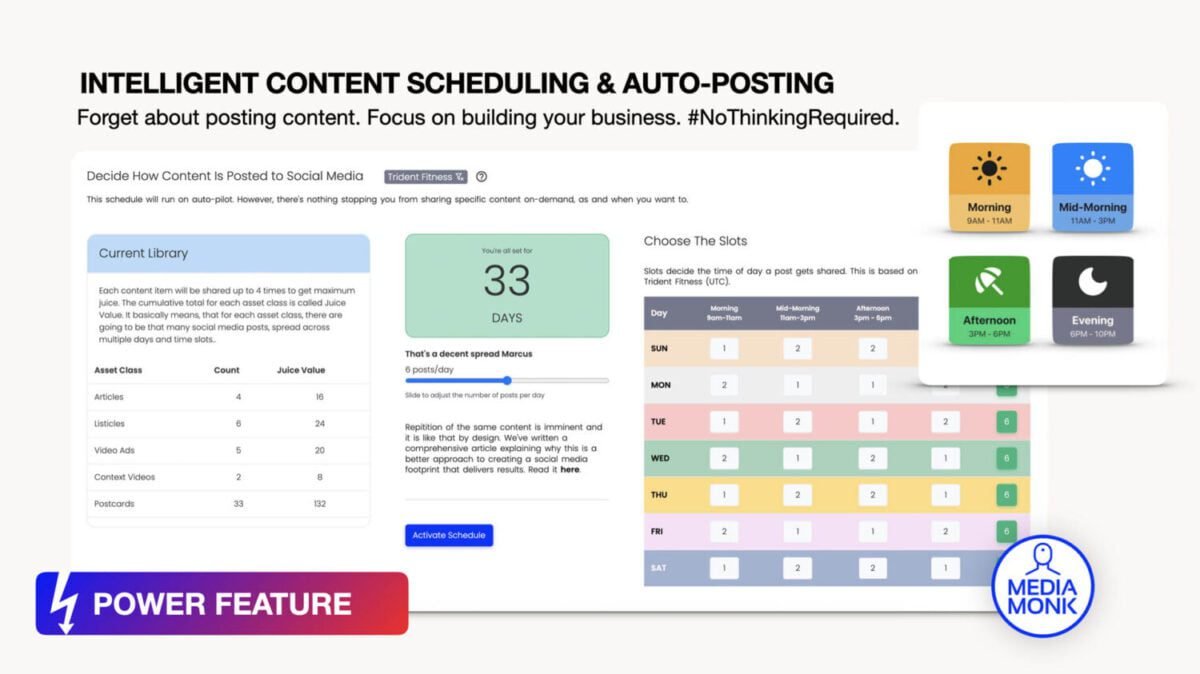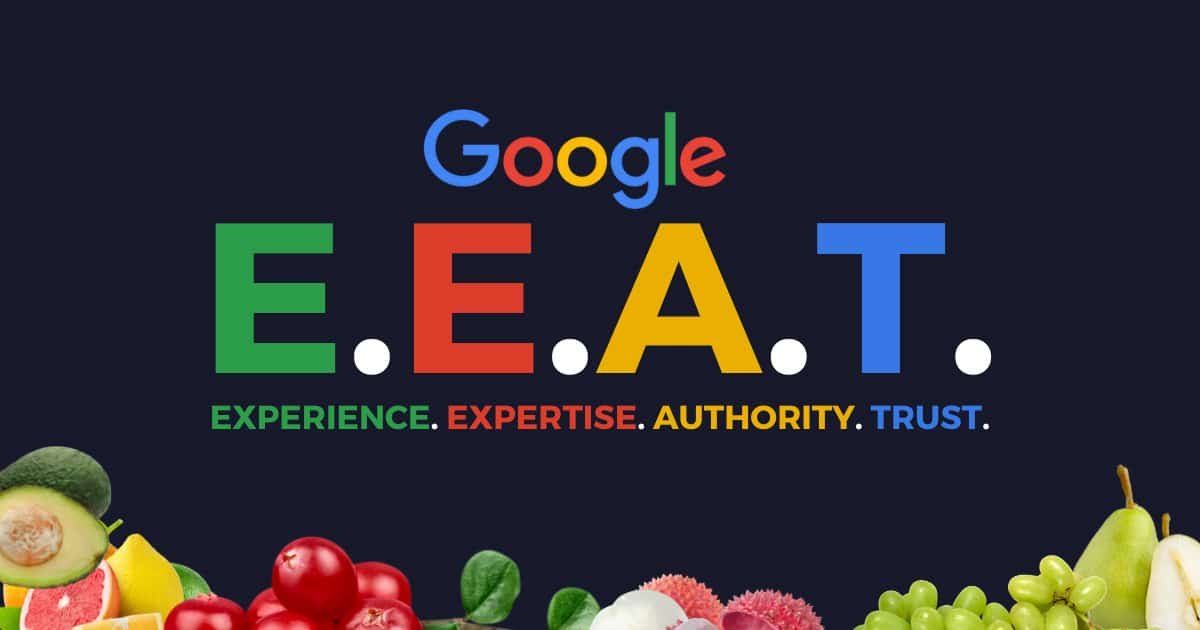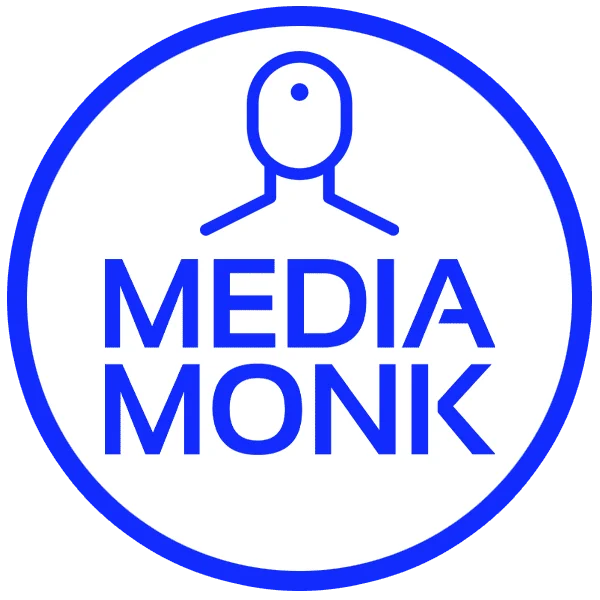Table of Contents
Welcome to Media Monk’s comprehensive guide on navigating the content marketing challenges for small businesses. In today’s digital landscape, small businesses face numerous obstacles when creating and promoting content that resonates with their target audience. From limited resources to fierce competition, the challenges are real. However, small businesses can overcome these hurdles and thrive online with the right strategies and tools. In this listicle, we’ll explore the most common difficulties in content marketing for small businesses and provide actionable solutions to help you achieve success.
Understanding Content Marketing Challenges begins with Understanding the Landscape
Understanding the content marketing landscape is essential for small businesses looking to make an impact in the digital space. By conducting thorough research and analysis, businesses can gain valuable insights into their target audience’s needs, preferences, and behaviors. This information is crucial for creating content that resonates with the audience and sets the business apart from competitors. By understanding the content marketing landscape, businesses can identify unique opportunities to connect with their audience and deliver valuable, relevant content.
Furthermore, understanding the content marketing landscape allows small businesses to stay ahead of trends and changes in the market. By keeping a pulse on industry developments and competitor strategies, businesses can adapt their content marketing approach to remain competitive and relevant. This proactive approach ensures that businesses are able to anticipate and respond to shifts in consumer behavior and market dynamics, ultimately positioning them for long-term success.
Ultimately, a deep understanding of the content marketing landscape empowers small businesses to make informed decisions about their content strategy. By leveraging market insights and competitor analysis, businesses can create content that is not only impactful and relevant but also aligns with their overall business goals. This strategic approach to content marketing sets the foundation for small businesses to effectively navigate the challenges of the digital landscape and achieve sustainable growth.
Creating High-Quality, Engaging Content
Creating high-quality, engaging content is essential for small businesses looking to make an impact in the crowded digital space. It’s not just about churning out content for the sake of it, but rather about providing value to your audience and addressing their pain points. This means understanding your target audience, their needs, and the type of content that resonates with them. Whether it’s through informative blog posts, visually appealing videos, or interactive social media content, the goal is to capture and maintain their attention. By focusing on creating content that is relevant, informative, and entertaining, small businesses can build a loyal following and establish themselves as industry leaders.
One way to streamline the process of content creation is by utilizing various tools and platforms that can aid in generating compelling content consistently. While it’s important to mention Media Monk’s AI content creation platform as an example, there are several other tools available in the market that can assist small businesses in producing high-quality content. These tools can help with content ideation, writing, editing, and even distribution, ultimately saving time and resources for small businesses. By leveraging these tools effectively, small businesses can ensure that their content remains engaging and relevant, without compromising on quality.
Additionally, small businesses can also look towards collaborating with industry experts, influencers, or even their own customers to co-create content. This not only adds credibility and diversity to the content but also helps in reaching a wider audience. By incorporating different perspectives and voices into their content, small businesses can keep their audience engaged and interested, ultimately driving better results for their content marketing efforts.
Optimizing Content for Search Engines

Optimizing content for search engines is a crucial aspect of content marketing for small businesses. Without proper optimization, it can be challenging for a small business to stand out in the crowded online space. One of the key strategies for improving search engine rankings is conducting thorough keyword research to understand what terms and phrases your target audience is searching for. By incorporating these keywords strategically into your content, meta tags, and headers, you can increase the likelihood of your content appearing in relevant search results.
In addition to keyword optimization, creating valuable and relevant content is essential for improving search engine rankings. Search engines prioritize content that provides genuine value to users, so focusing on creating high-quality, informative, and engaging content is key. This can include blog posts, articles, videos, infographics, and other forms of content that address your audience’s pain points and interests. By consistently delivering valuable content, you can build authority in your industry and attract organic traffic to your website.
Furthermore, optimizing meta tags, such as title tags and meta descriptions, can also have a significant impact on your search engine visibility. These tags provide search engines with important information about your content, and by optimizing them with relevant keywords and compelling descriptions, you can improve the click-through rate from search results to your website. Overall, by implementing these strategies and staying up to date with the latest SEO best practices, small businesses can effectively optimize their content for search engines and improve their online visibility.
Consistently Publishing Content
Consistency is a crucial element in content marketing for small businesses, as it helps to build brand awareness and maintain a strong online presence. However, many small businesses struggle to publish content regularly due to limited resources and time constraints. To overcome this challenge, it’s essential to create a content calendar that outlines the type of content to be published and the platforms it will be shared on. This will help in planning and organizing content creation, ensuring that there is a steady flow of material for your audience to engage with.

Another effective strategy is to leverage automation tools to schedule and publish content across various platforms. This can help small businesses to streamline their content marketing efforts and maintain a consistent presence without having to manually post updates every day. By automating certain aspects of content publishing, businesses can free up time to focus on other important tasks while still ensuring a steady stream of content for their audience.
Furthermore, small businesses can also repurpose existing content to maintain consistency in their content marketing efforts. By repurposing content, such as turning a blog post into a video or creating social media posts from a longer piece of content, businesses can extend the lifespan of their material and keep their audience engaged. This approach can help in maintaining a consistent flow of content without constantly creating new material from scratch, making it easier for small businesses to stay on track with their content publishing schedule.
Maximizing Social Media Reach
Small businesses often face challenges in maximizing their social media reach, as they may lack the resources and expertise of larger companies. However, by focusing on understanding their target audience’s preferred platforms, creating shareable content, and actively engaging with their followers, small businesses can effectively expand their social media reach. This involves conducting thorough research to identify which social media platforms their target audience is most active on, and then tailoring their content to suit the specific preferences and behaviors of those platforms. By doing so, small businesses can ensure that their content is reaching the right people in the right places, maximizing their social media reach and impact.

Creating shareable content is another key strategy for small businesses looking to expand their social media reach. By producing content that is valuable, relevant, and engaging, small businesses can encourage their followers to share their posts, thereby increasing their content’s visibility and reach. This can be achieved by focusing on creating content that resonates with their audience’s interests and needs, and by incorporating elements such as eye-catching visuals, compelling storytelling, and actionable insights. By consistently producing shareable content, small businesses can effectively expand their social media reach and attract new followers to their online community.
Finally, actively engaging with followers is essential for small businesses looking to maximize their social media reach. This involves responding to comments and messages, participating in relevant conversations, and fostering a sense of community among their followers. By building strong relationships with their audience, small businesses can encourage greater engagement with their content, leading to increased visibility and reach. This can be achieved by regularly monitoring their social media channels, responding to feedback and inquiries in a timely manner, and proactively seeking out opportunities to connect with their audience. By prioritizing engagement, small businesses can effectively expand their social media reach and build a loyal online community.
Measuring Content Marketing ROI
Measuring the return on investment (ROI) of content marketing efforts is a crucial aspect for small businesses, as it allows them to understand the effectiveness of their strategies and make informed decisions for future content creation. Small businesses often have limited resources, so it’s important to implement tracking tools that can help accurately measure the impact of their content. By setting clear and specific goals for each piece of content, such as lead generation, brand awareness, or website traffic, small businesses can better understand what they want to achieve and track the relevant metrics to measure their success.
Analyzing key metrics is essential for small businesses to evaluate the performance of their content marketing efforts. By looking at metrics such as engagement rates, conversion rates, and customer acquisition cost, small businesses can gain insights into what content is resonating with their audience and driving tangible results. This data-driven approach allows small businesses to optimize their content marketing strategies by focusing on what works and making adjustments to what doesn’t, ultimately improving their ROI.
Overall, small businesses can overcome the challenge of measuring content marketing ROI by taking a strategic and analytical approach. By leveraging tracking tools, setting clear goals, and analyzing key metrics, small businesses can gain valuable insights into the effectiveness of their content and make informed decisions to optimize their strategies. This data-driven approach is essential for small businesses to thrive in the competitive digital landscape and achieve success with their content marketing efforts.
Building Brand Authority and Trust
Building brand authority and trust is crucial for small businesses looking to make an impact in the digital marketing landscape. In order to establish credibility and trust with their audience, small businesses must focus on consistently delivering valuable and authentic content. This means creating content that addresses the pain points and needs of their target audience, providing insightful solutions, and offering genuine value. By doing so, small businesses can position themselves as reliable sources of information and expertise, ultimately building brand authority and trust.

In addition to creating valuable content, showcasing customer testimonials can also play a significant role in building brand authority and trust. Testimonials offer social proof, demonstrating to potential customers that others have had positive experiences with the business. This can help to alleviate any doubts or concerns that potential customers may have, ultimately strengthening the brand’s reputation and credibility. Furthermore, engaging in thought leadership by sharing industry insights, expertise, and perspectives can also contribute to building brand authority and trust. By positioning the business as a knowledgeable and influential voice within their industry, small businesses can further solidify their reputation and earn the trust of their audience.
Overall, building brand authority and trust is a critical aspect of content marketing for small businesses. By consistently delivering valuable and authentic content, showcasing customer testimonials, and engaging in thought leadership, small businesses can establish themselves as credible and trustworthy sources within their industry. This, in turn, can help them to connect with their target audience, build lasting relationships, and ultimately drive success in the online space.
Overcoming Budget Constraints
Budget constraints can be a major hurdle for small businesses looking to invest in content marketing. With limited resources, it’s important to prioritize the most effective channels for reaching your target audience. This may involve conducting research to understand where your audience spends their time online and focusing your efforts on those platforms. Additionally, repurposing existing content can help stretch your budget further. For example, turning a blog post into a series of social media posts or creating a video from a written piece can help you get more mileage out of your content without having to invest in creating new material from scratch. Finally, leveraging cost-effective tools and strategies, such as using free or low-cost design and scheduling tools, can help you maximize your impact without exceeding your budget.
In conclusion, navigating the challenges of content marketing for small businesses requires a strategic approach, a deep understanding of your audience, and the right tools and resources. By addressing the obstacles and implementing the solutions discussed in this listicle, small businesses can overcome the hurdles and achieve success in their content marketing efforts.
Discover how Media Monk’s cutting-edge marketing automation and AI content creation platform can help your small business navigate the challenges of content marketing and maximize your online presence. With advanced tools and expert insights, Media Monk empowers businesses to overcome obstacles and drive revenue growth.








